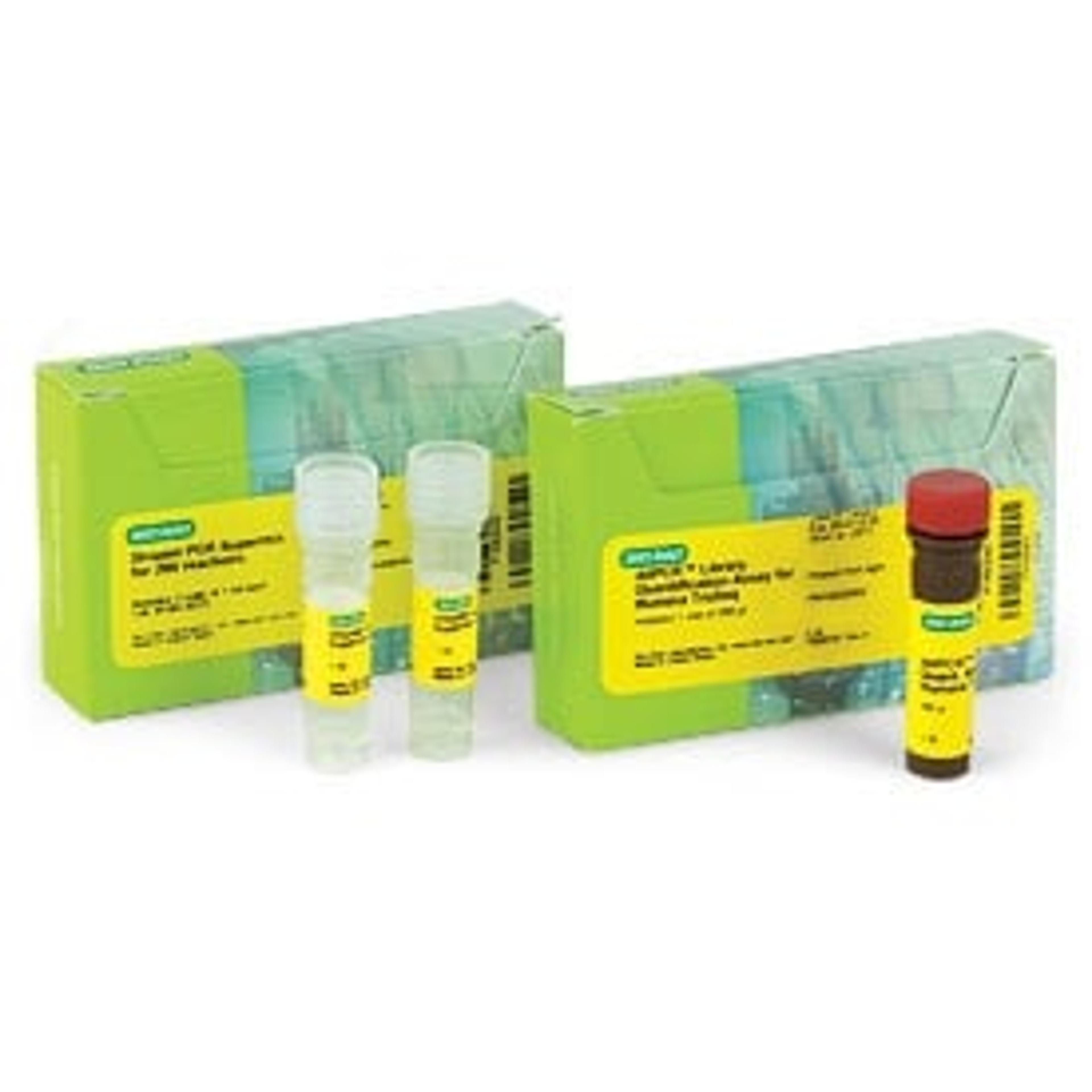New RNA-seq library prep kit for the whole transcriptome
SEQuoia Complete Stranded RNA Library Prep Kit is designed to be a novel approach to RNA-Seq library preparation
23 Jan 2020
Bio-Rad Laboratories, Inc. has announced the launch of the SEQuoia Complete Stranded RNA Library Prep Kit, a novel approach to RNA-Seq library preparation. The kit offers a holistic view of the complete transcriptome in a simplified workflow and is compatible with a broad range of sample inputs from a variety of sample types including degraded RNA specimens.
The launch of the SEQuoia Complete Kit follows Bio-Rad’s 2019 acquisition of 2D Genomics, a Bay Area start-up that developed and patented innovative enzyme technologies to improve next-generation sequencing (NGS) sample preparation, including SEQzyme, which is at the core of the SEQuoia Complete Stranded RNA Library Prep Kit. SEQzyme is unique in that it couples cDNA synthesis with adapter addition in a continuous synthesis reaction, designed to construct sensitive and diverse libraries compatible with Illumina® NGS platforms.
"We are pleased to add the technologies of 2D Genomics to Bio-Rad’s portfolio of enabling genomic solutions," said Annette Tumolo, Bio-Rad EVP and President of the Life Science Group. "We believe the SEQuoia Complete Stranded RNA Library Prep Kit will provide us a strong start as we step into the RNA sequencing preparation market. The kit’s ability to construct robust and complex libraries, including both short and long RNAs, can result in tremendous advancements in research, including the discovery of biologically relevant biomarkers beyond just mRNA," she said.
NGS has transformed genomics research and is increasingly the method of choice for researchers studying the transcriptome as it offers numerous advantages over gene expression arrays. RNA sequencing provides the unique ability to study the entirety of the transcriptome for several applications, including the identification of biomarkers, a better understanding of phenotypes, and discovery of novel features of the transcriptome as they relate to disease.
Want more of the latest science news straight to your inbox? Become a SelectScience member for free today>>

